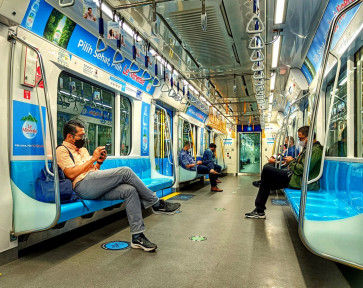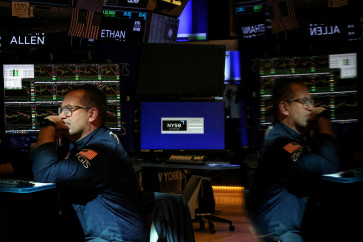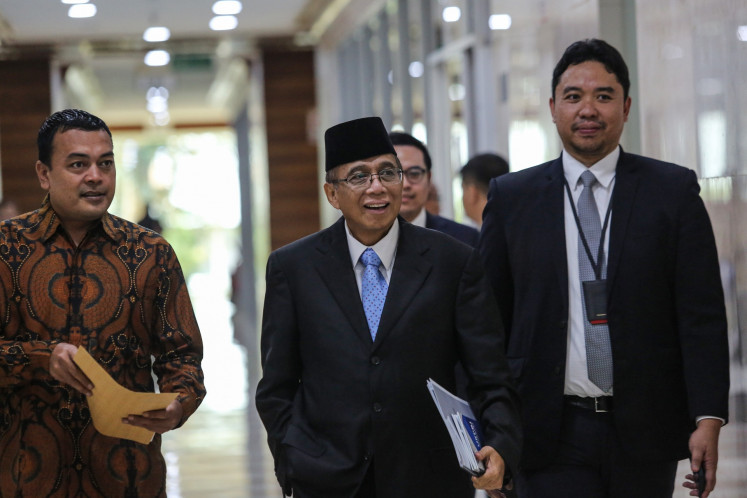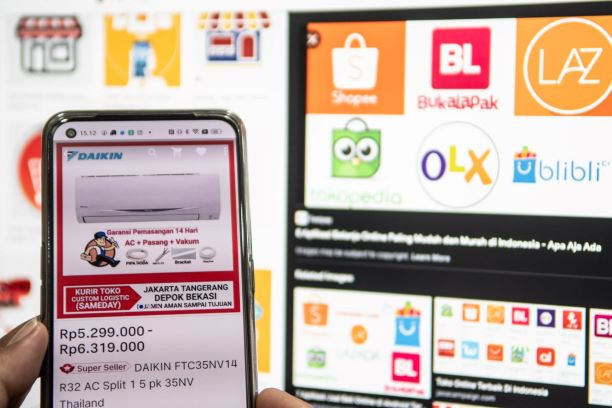Popular Reads
Top Results
Can't find what you're looking for?
View all search resultsPopular Reads
Top Results
Can't find what you're looking for?
View all search resultsIndonesian SMEs and the use of ASEAN-led FTAs
There are currently 92 free trade agreements (FTAs) involving the Association of Southeast Asian Nations (ASEAN) and its member states (AMSs)
Change text size
Gift Premium Articles
to Anyone
T
here are currently 92 free trade agreements (FTAs) involving the Association of Southeast Asian Nations (ASEAN) and its member states (AMSs). These FTAs are either already in full-effect, signed but not in effect, under negotiation or still under consultation and study.
While the majority is pursued bilaterally between AMSs and their key strategic economic partners, five have been implemented under the ASEAN framework, including those with China, Japan, South Korea, Australia, New Zealand and India.
Unfortunately, ASEAN-led FTAs have been generally underused. Indeed, numerous studies by national and regional experts as well as development agencies confirm this. The case of Indonesia is illustrative of this point.
Although the use of the Certificate of Origin has been on the rise in recent years, a survey conducted by Friawan (2012) suggests that only 16-17 percent of Indonesian-based firms were using FTAs pursued by the country and/or ASEAN. Malaysia, Vietnam and Thailand have somewhat higher rates: 24 percent (in 2012), 31 percent (in 2011), and 61.3 percent (in 2011), respectively.
Notably, in many instances, the utilization rates of bilateral FTAs pursued by an individual AMS are generally higher in comparison to those carried out under the ASEAN framework.
Indonesian-based firms' utilization of the Indonesia-Japan Economic Partnership Agreement, for example, is much higher (e.g. at 32 percent) compared to the utilization of the above-mentioned ASEAN-led FTAs in 2012 (ranging from 2 percent for the ASEAN-Australia-New Zealand FTA to 23 percent of the ASEAN-China FTA). It appears that bilateral FTAs offer more attractive preferences for key products and have simpler rules of origin compared to ASEAN-led FTAs.
Not surprisingly, firms capable of making use of ASEAN-led FTAs are predominantly large multinationals. The promise of the potential benefits from ASEAN-led FTAs has not apparently reached the region's Small- and Medium-Sized Enterprises (SMEs).
Based on the survey carried out by the ASEAN Business Advisory Council (ASEAN-BAC) in 2012, the lack of information on ASEAN-led initiatives and the lack of opportunities to network regionally (e.g. through business missions to other ASEAN countries and beyond) appear to be the major barriers to their engagement in regional and international trade.
In Indonesia, despite the pivotal role SMEs play in the economic development of the country, (e.g. data from the Cooperatives and Small and Medium Enterprises Ministry suggests that such enterprises, including micro enterprises, account for 99.9 percent of businesses in the country, 97.2 percent of domestic employment, and 57.9 percent of the country's GDP) modest, if not little, attention has been given to SMEs' engagement in ASEAN-led FTAs to improve the country's overall export performance.
Precisely because of this fact, the Indonesian Chamber of Commerce and Industry (Kadin), with support from the ASEAN-BAC, International Institute for Sustainable Development (IISD) and the Foreign and Commonwealth Office (FCO) of the United Kingdom, recently launched an SMEs dialogue forum to support such enterprises to do business through ASEAN-led FTAs.
The forum was intended to enhance awareness of ASEAN-led FTAs among Indonesian-based SMEs and the opportunities they hold for potential exporters.
Although the Indonesian government, particularly through its Trade Ministry, has been carrying out extensive familiarization initiatives around the country's existing FTAs, much can still be certainly done to, as the current chairwoman, Fauziah Talib, recently put it, level 'the playing field across the region, [and so the benefits of ASEAN's internal and external economic integration] can be experienced by businesses from all layers, of size and development'.
For this purpose, there is potential merit for Indonesia to learn from its northern neighbor, the Philippines, in its attempt to improve the awareness and utilization of the country's FTAs.
Since 2010, the Philippines' Department of Trade and Industry (DTI) has been carrying out a massive FTAs information campaign at the national level for achieving such aims.
The project, known formally as the Doing Business in FTAs (DBFTA), covers a wide range of activities, such as public engagement, enhanced inter-government agency coordination and trade policy network.
In partnerships with other relevant government agencies (e.g. Bureau of Customs, Tariff Commission, etc.) and other non-state actors (primarily the private sectors e.g. the Philippine Chamber of Commerce and Industry and academia), the DBFTA's outreach program reached 11,169 participants in 2012, and 1,746 in the first quarter of 2013.
The Philippines' DTI also carries out public engagement activities such as workshops and offers an FTA Clinic, which allows individual entrepreneurs to directly engage with trade and custom officials for advice in using the country's FTAs. Such face-to-face interaction can be very useful in enhancing FTA awareness among the country's SMEs.
The result of such an endeavor speaks for itself. Although the Philippines was already rated the highest user of FTAs among Southeast Asian countries by the ASEAN Secretariat in 2010, many more Philippine-based firms are now using FTAs. Unlike in many other countries in the region, for instance, the use of the recently implemented ASEAN-Australia-New Zealand FTA by Philippine-based firms has been exceptional.
In 2012, for example, the utilization of this FTA by Philippine-based firms reached 76.1 percent, in comparison to Thailand (24.6 percent in 2011), Vietnam (15.9 percent in 2011), and Indonesia (a mere 1 percent in 2012).
While the political economy of the Indonesian trade-policy structure might differ to that of the Philippines, the existing model developed by the latter could certainly be used as a model to enhance the effective participation of SMEs in Indonesian FTAs.
Alexander C. Chandra is the TKN Southeast Asia coordinator for the International Institute for Sustainable Development (IISD). Ruben Hattari is the executive director of the ASEAN Business Advisory Council (ASEAN-BAC). The views expressed are their own.










